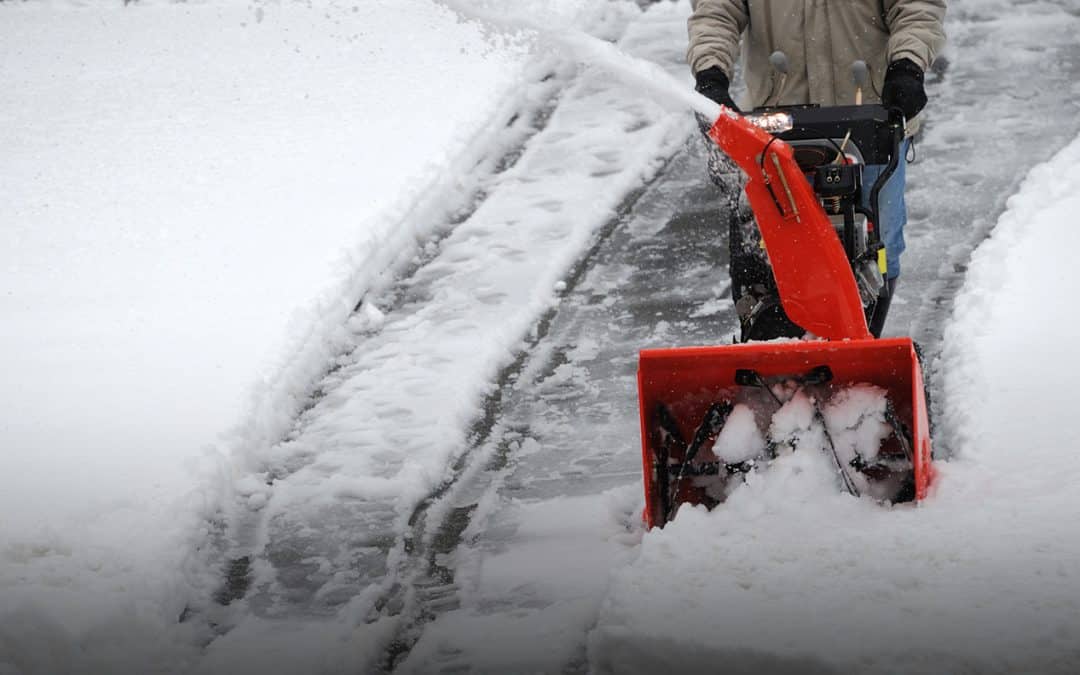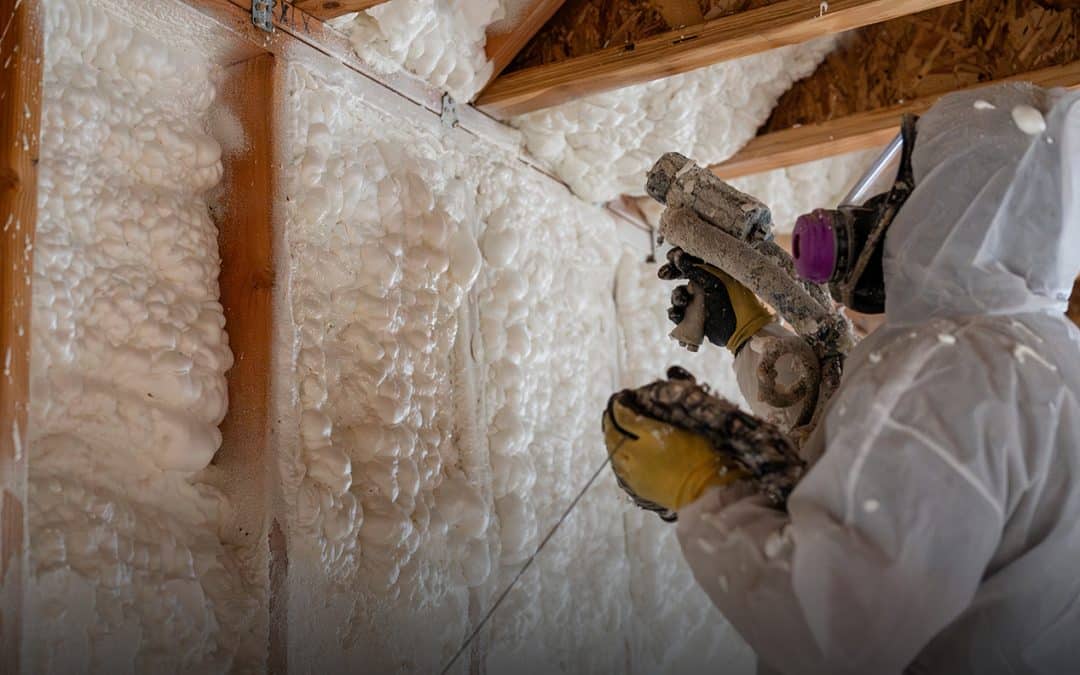The only thing more important than making sure your car moves, is making sure your car stops. That’s where well-maintained brakes come in. The U.S. Department of Transportation’s National Highway Traffic Safety Administration reported in 2015 that 22% of accidents occur due to defective brakes. Yikes!
However, a great way to make sure your car stops is to ensure the health of your brake pads. Brake pads are the pads that apply friction to your brake rotors, to slow down and stop the wheels. To make sure your brakes are always in top shape, they need to be replaced when they’re worn down. Here are some warning signs to look out for that could mean you’re in need of new brake pads.
Listen
If you press down on the brake and you hear a loud squeaking noise, that’s a clear (and annoying) sign that you need new brake pads. If you hear a grinding sound, that means your brake pads are entirely worn down and your brakes are being damaged. Either way, get to your mechanic ASAP.
Look
You can also check to see if they are worn by looking at them in between the spokes of your wheels. You should see the pads pressed up against metal rotors. Looking at them from the side, you should see at least ¼ of an inch of padding before hitting the rotor. If you suspect it’s less than a quarter of an inch or cannot see padding at all, it’s a good idea to go get them checked out.
Feel
All vehicles’ brakes feel a bit different, but you know the feel of your brakes best. If they start to feel different, it could be a sign of wear. If your brakes are not as quick or responsive as you’re used to, that’s a good sign something’s up.
Also, if you brake and the vehicle feels like it’s pulling to one side, that can mean one side of your brake pads are worn. If you feel a vibration or pulsating when pressing down on the brake, that’s also a sign of trouble. If something feels off in your vehicle, use your judgment!
Ask
When it comes to your vehicle’s brakes, it is always better to be safe than sorry. If you even have a bit of suspicion something might be up with your brakes, have it looked at by a mechanic. It’s better to take precautions than to end up in a brake-related accident.
MAPFRE aims to keep you safe and your car and finances protected. Get a quote in Massachusetts to see if you could be saving by switching to MAPFRE, or contact an independent insurance agent near you.



